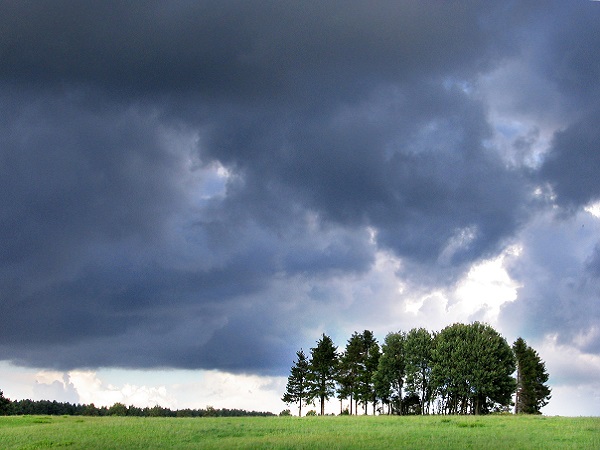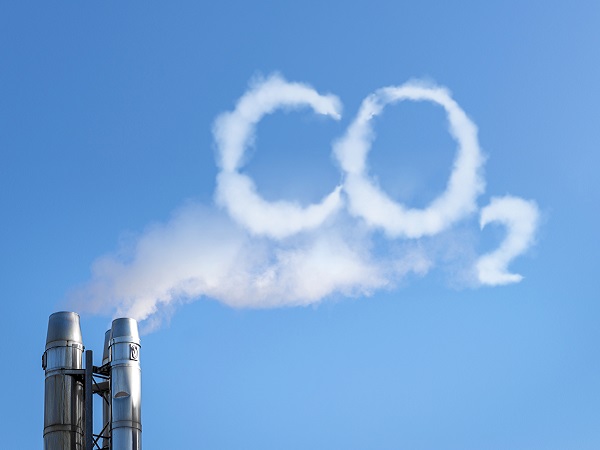Climate protection and climate change adaptation in Brandenburg
Emissions of greenhouse gases such as carbon dioxide (CO2), methane (CH4) and nitrous oxide (N2O) associated with industrialisation since the 19th century have led to global warming of the Earth's atmosphere and drastic climatic changes. This results in threatening effects on ecological and social systems worldwide - including Brandenburg. For this reason, almost all the countries of the world agreed in the Paris Agreement in 2015, to jointly limit the increase in the global mean temperature to two degrees Celsius - or better still to 1.5 degrees Celsius - by 2050 compared to pre-industrial levels.
The state of Brandenburg will play its part in achieving these goals. The governing coalition has agreed to reduce CO2 emissions and all other greenhouse gas emissions to a net zero level by 2045 at the latest, in line with the 2015 Paris Climate Agreement. Climate neutrality in Brandenburg is to be achieved through an interdepartmental climate protection strategy with a program of measures (Brandenburg Climate Plan). This plan is currently being drawn up. In parallel, the Ministry of Agriculture, Environment and Climate Protection (MLUK) has the task of implementing and further developing effective measures for adapting to the consequences of climate change that have already occurred and are still to be expected. A climate adaptation strategy for Brandenburg was developed in 2023.
Emissions of greenhouse gases such as carbon dioxide (CO2), methane (CH4) and nitrous oxide (N2O) associated with industrialisation since the 19th century have led to global warming of the Earth's atmosphere and drastic climatic changes. This results in threatening effects on ecological and social systems worldwide - including Brandenburg. For this reason, almost all the countries of the world agreed in the Paris Agreement in 2015, to jointly limit the increase in the global mean temperature to two degrees Celsius - or better still to 1.5 degrees Celsius - by 2050 compared to pre-industrial levels.
The state of Brandenburg will play its part in achieving these goals. The governing coalition has agreed to reduce CO2 emissions and all other greenhouse gas emissions to a net zero level by 2045 at the latest, in line with the 2015 Paris Climate Agreement. Climate neutrality in Brandenburg is to be achieved through an interdepartmental climate protection strategy with a program of measures (Brandenburg Climate Plan). This plan is currently being drawn up. In parallel, the Ministry of Agriculture, Environment and Climate Protection (MLUK) has the task of implementing and further developing effective measures for adapting to the consequences of climate change that have already occurred and are still to be expected. A climate adaptation strategy for Brandenburg was developed in 2023.

Climate Change
The climate is changing globally, and the warming of the climate system is increasing. This warming will - for example through an increase in dry periods and extreme events, through changes in precipitation patterns and amounts - have a significant impact on human and natural system. read more in Geman

Climate Change
The climate is changing globally, and the warming of the climate system is increasing. This warming will - for example through an increase in dry periods and extreme events, through changes in precipitation patterns and amounts - have a significant impact on human and natural system. read more in Geman

Climate protection
As a result of human activities, the mean global air temperature over the oceans and the mainland has increased measurably in recent decades.
read more in German

Climate protection
As a result of human activities, the mean global air temperature over the oceans and the mainland has increased measurably in recent decades.
read more in German
